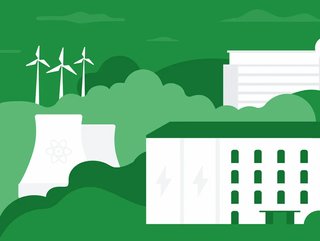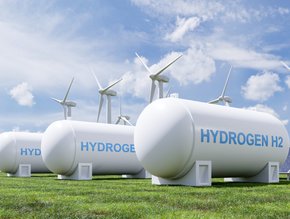Tech Titans in Joint Pursuit of Clean Energy Breakthroughs

In a combined effort to eliminate impediments to the expansion of clean electricity technology, tech heavyweights Google, Microsoft and Nucor announced their alliance. The companies will collaborate to generate new commercial models that will "speed up the development of ground-breaking and early commercial projects including advanced nuclear, next-generation geothermal, clean hydrogen, long-duration energy storage (LDES), and others," as stated in an official announcement.
Through a request for information (RFI), the companies invite technology providers, investors, developers and utility service providers from various regions in the United States to take part in potential projects requiring momentum.
Overcoming hurdles to fund clean energy tech
According to Maud Texier, Google’s Global Director, Clean Energy and Decarbonisation Development, fully scaling up advanced clean technologies demands substantial investment. Yet, the uniqueness and risk attached to early-stage projects often hinder their ability to secure necessary funding.

“Scaling advanced clean technologies requires significant investment, but the novelty and risk of early projects often make it difficult for them to secure the financing they need,” she said.
“Aggregating the demand of multiple large clean energy buyers helps enable the investments and commercial structures that are needed to bring these projects into the market.
Key roles of clean tech and energy storage
The International Energy Agency (IEA) highlighted the importance of clean electricity technologies. Moreover, advanced energy storage systems are pivotal to decarbonise power grids and meet global electricity demand using carbon-free energy.
Initially, the group will direct their attention to pioneering technology pilot projects in the United States.
The three-pronged project delivery framework comprises:
- Signing offtake agreements for technologies that are still early on the cost curve
- Bringing a clear customer voice to policymakers and other stakeholders on broader long-term ecosystem improvements
- Developing new enabling tariff structures in partnership with energy providers and utilities.
Maud added: "By pooling demand, buyers can off-take substantial volumes of carbon-free electricity from a plant portfolio, lessening project-specific development risks while promoting procurement efficiencies and shared insight."
*******************
Make sure you check out the latest edition of Energy Digital Magazine and also sign up to our global conference series - Sustainability LIVE 2024.
*******************
Energy Digital is a BizClik brand.






